Top 10 Winter Concerns For Dogs
With winter just around the corner, it’s time to start thinking about how the cold weather will affect our furry friends. While dogs are equipped with a thick coat of fur, they still need extra care and attention during the winter months. As pet owners, it’s our responsibility to ensure that our dogs stay healthy and comfortable despite the change in seasons.
In this article, we will discuss the top ten winter concerns for dogs and provide tips on how to keep them safe and happy during the colder months. From frostbite prevention to dealing with dry skin, we’ve got you covered. So grab a cup of hot cocoa and let’s get started!
Why Winter Is A Concern For Dogs
During the winter, dogs face many challenges that can affect their health and well-being. The drop in temperature can lead to a variety of issues such as hypothermia, frostbite, and joint pain. Additionally, the harsh conditions can also impact their mental health, causing feelings of boredom and restlessness.
Furthermore, certain breeds are more susceptible to winter-related health problems than others. For example, dogs with thin coats or short hair are more vulnerable to the cold and may require extra attention during this time.
Pet owners need to be aware of these concerns and take necessary precautions to ensure their dog’s safety and comfort during the winter season. Let’s take a look at the top 10 winter concerns for dogs and how to address them.
Top 10 Winter Concerns For Dogs
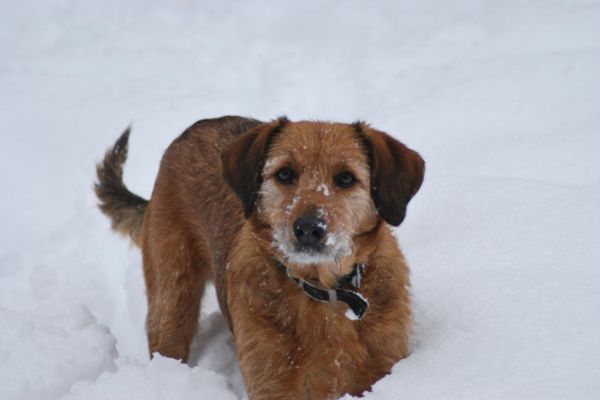
Hypothermia
Hypothermia occurs when a dog's body temperature drops below 100°F (37.8°C). This can happen if they are exposed to cold temperatures for an extended period without proper protection. Signs of hypothermia include shivering, lethargy, and weakness. In severe cases, it can lead to organ failure and even death.
To prevent hypothermia, make sure your dog has a warm and dry place to rest indoors. If they need to go outside, consider getting them a winter jacket or sweater for extra insulation. Limit their time outdoors during extreme weather conditions and always keep an eye out for signs of discomfort.
If your dog does experience hypothermia, seek veterinary assistance immediately. Offer them warm fluids and wrap them in a warm blanket to help raise their body temperature until you can get them to the vet. Remember, prevention is key when it comes to hypothermia.
Frostbite
Frostbite occurs when a dog's skin or fur is exposed to freezing temperatures for an extended period. It typically affects extremities such as the paws, ears, and tail. Signs of frostbite include pale or discolored skin, blisters, and pain.
To prevent frostbite, keep your dog's outdoor time limited during extreme cold weather. Make sure to dry off their paws after coming inside and watch for any changes in color or texture. If you suspect your dog has frostbite, seek veterinary care immediately. Do not attempt to warm up the affected area yourself as this can cause further damage.
To protect against frostbite, consider using a dog-safe paw balm or booties for added insulation and protection. Regularly checking your dog's paws and ears for signs of frostbite is also recommended during winter months.
Dry Skin And Cracked Paws
Just like humans, dogs can also experience dry skin and cracked paws during the winter. This is often due to a lack of moisture in the air and exposure to harsh weather conditions. Signs of dry skin include flakiness, itchiness, and redness.
To combat dry skin, consider adding supplements or incorporating omega-3 fatty acids into your dog's diet. Regular grooming can also help remove dead skin cells and promote healthy skin. For cracked paws, using a pet-safe paw balm or moisturizer can provide relief and prevent further damage.
It's important to note that excessive licking or chewing of dry, irritated skin can lead to hot spots and infections. If your dog is showing signs of discomfort, consult your veterinarian for proper treatment and care.
Arthritis And Joint Pain
Arthritis is a common concern for dogs, especially during the winter months. The cold weather can aggravate joint pain and stiffness, making it difficult for dogs to move around comfortably. Common signs of arthritis in dogs include limping, difficulty getting up or down, and stiffness in the joints.
To help ease your dog's joint pain, consider investing in a heated pet bed or providing them with warm and cozy blankets to keep their muscles relaxed. Low-impact exercises such as short walks or swimming can also help improve mobility and reduce pain.
Consulting with your veterinarian about potential supplements or medication for arthritis management is also recommended. With proper care and attention, you can help your dog stay active and comfortable during the winter.
Dehydration
Although it may seem counterintuitive, dogs can still become dehydrated during the winter months. The cold weather often causes a decrease in thirst, but dogs still need plenty of fluids to stay hydrated.
Make sure your dog has access to fresh water at all times, and consider adding warm water or broth to their meals to encourage drinking. If they spend time outdoors, make sure to provide them with water that is not frozen. Additionally, keep an eye out for signs of dehydration such as dry gums and lethargy.
In severe cases of dehydration, seek veterinary assistance immediately. It's important to monitor your dog's water intake and ensure they are getting enough fluids to stay hydrated during the winter.
Boredom And Lack Of Exercise
The cold weather can also lead to boredom and a decrease in physical activity for dogs. This can have negative impacts on their mental and physical health, including weight gain and behavioral issues.
To combat boredom, engage your dog in interactive games and activities indoors. This can include hide and seek, puzzle toys, or even indoor agility courses. Sticking to a regular exercise routine can also help maintain their physical health during the winter.
If your dog is showing signs of cabin fever or restlessness, consult with a professional trainer for additional tips on keeping them mentally stimulated and active during the colder months.
Seasonal Depression
Just like humans, dogs can also experience seasonal depression during the winter. This is often due to a lack of sunlight and decreased outdoor time. Signs of seasonal depression in dogs include lethargy, loss of appetite, and changes in behavior.
To help prevent and manage seasonal depression, make sure your dog has access to natural light and spend time outdoors when weather permits. Engaging in activities that your dog enjoys, such as playing fetch or going on walks, can also help boost their mood.
In more severe cases, consult with your veterinarian for potential treatment options. Remember to pay attention to any changes in your dog's behavior and seek professional help if needed. Overall, providing a stimulating and happy environment for your dog can help mitigate the effects of seasonal depression.
Chemicals Used To Melt Ice On Sidewalks And Roads
During the winter, many cities and homeowners use chemicals to melt ice on sidewalks and roads. These chemicals can be harmful to dogs if ingested or absorbed through their paws.
To protect your dog from these chemicals, try to avoid walking them on treated surfaces or rinse off their paws after coming inside. Consider using pet-safe ice melts on your property and ask your local municipality about the types of chemicals used in public areas.
If you notice any signs of irritation or discomfort in your dog after being exposed to these chemicals, consult with your veterinarian for proper care. It's important to take precautions and be aware of potential hazards during the winter season to keep our furry friends safe.
Respiratory Infections
Dogs are also susceptible to respiratory infections during the colder months, just like humans. This is often due to spending more time indoors with poor air circulation and increased exposure to other dogs.
To help prevent respiratory infections, make sure your dog's living space is clean and well-ventilated. Avoid exposing them to crowded areas or sick dogs, and encourage regular hand-washing before and after interacting with dogs.
If your dog shows signs of a respiratory infection such as coughing, sneezing, or difficulty breathing, consult with your veterinarian for proper diagnosis and treatment. With timely care and precautions, you can help keep your dog healthy and prevent the spread of infections during the winter season.
Holiday Hazards
The holiday season can bring about potential hazards for dogs, such as toxic foods and decorations. Chocolate, alcohol, and certain plants like poinsettias can be dangerous if ingested by dogs.
It's important to keep these items out of reach from your dog and educate any guests on what they should not feed them. Additionally, make sure to properly dispose of any wrapping materials or small objects that can be a choking hazard.
If you suspect your dog has ingested something toxic, seek immediate veterinary care. By being aware of potential holiday hazards and taking precautions, you can help keep your dog safe and healthy during this festive time of year.
Why Winter Care Is Important For Dogs
Winter can be a challenging time for our canine companions. The cold weather, harsh conditions, and decreased outdoor time can have various negative effects on their health and well-being. Proper winter care is crucial to keeping your dog happy and healthy during this season.
By understanding the potential risks that come with winter, such as dehydration, boredom, and respiratory infections, you can take necessary precautions to prevent them. Regular exercise, monitoring water intake, and avoiding harmful chemicals are all important steps towards ensuring your dog stays in good health.
Additionally, being aware of holiday hazards and providing a stimulating environment for your dog can help prevent any potential accidents or illnesses.
Mistakes To Avoid During Winter Care For Dogs
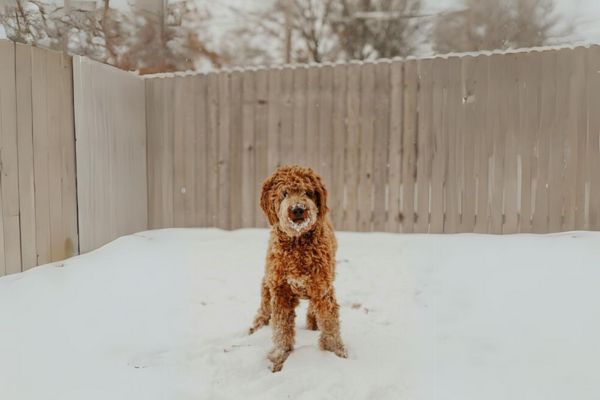
While providing proper winter care for your dog is crucial, some common mistakes should be avoided.
Here Are A Few Things To Keep In Mind:
- Avoid leaving your dog outside for extended periods in the cold weather.
- Do not let your dog walk on treated surfaces with chemicals that can be harmful to their paws.
- Refrain from overfeeding your dog, as weight gain can have negative impacts on their health during the winter.
- Make sure to properly dry your dog after being outside in wet or snowy conditions.
- Do not leave toxic foods or decorations within reach of your dog during the holiday season.
- Lastly, do not ignore any changes in your dog's behavior or health, and seek professional help if needed.
By avoiding these mistakes and providing proper care for your dog during the winter, you can keep them safe and healthy throughout the season.
FAQs
Why Do Dogs Need Extra Care During Winter?
Dogs can be affected by the colder weather and decreased outdoor time, just like humans. They may experience seasonal depression, respiratory infections, and other health issues if not properly cared for during winter.
Can My Dog Walk On Treated Surfaces With Ice-Melting Chemicals?
It is best to avoid walking your dog on treated surfaces, as these chemicals can be harmful if ingested or absorbed. Consider using pet-safe ice melts on your property and rinse off your dog's paws after coming inside.
What Should I Do If My Dog Shows Signs Of A Respiratory Infection?
If you notice symptoms such as coughing, sneezing, or difficulty breathing in your dog, consult with your veterinarian for proper care and treatment.
Conclusion
In conclusion, winter care is essential for keeping your dog healthy and happy during the colder months. By understanding potential risks and taking necessary precautions, you can prevent common issues such as dehydration, boredom, respiratory infections, and holiday hazards. Avoiding common mistakes and seeking professional help when needed are also important factors in ensuring your dog's well-being during winter.
With proper care, your dog can still enjoy the winter season while staying safe and healthy by your side. Remember to always prioritize their well-being and make adjustments as needed based on their individual needs. Stay warm, stay safe, and enjoy this cozy time of year with your furry friend!




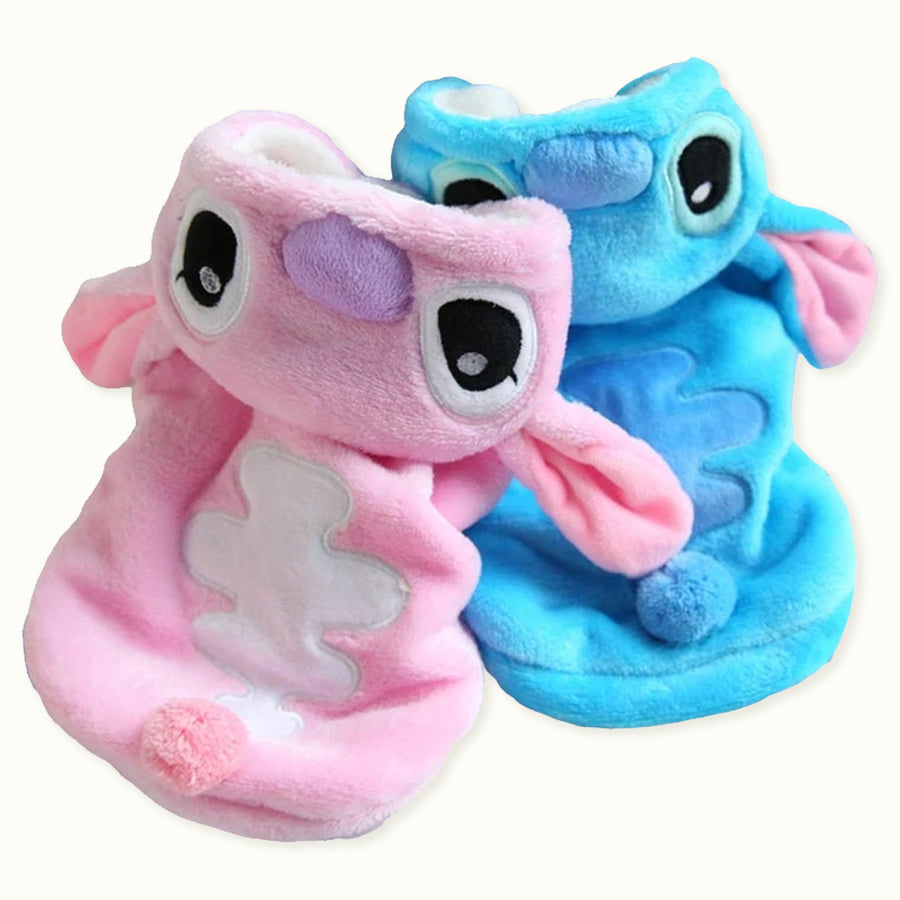




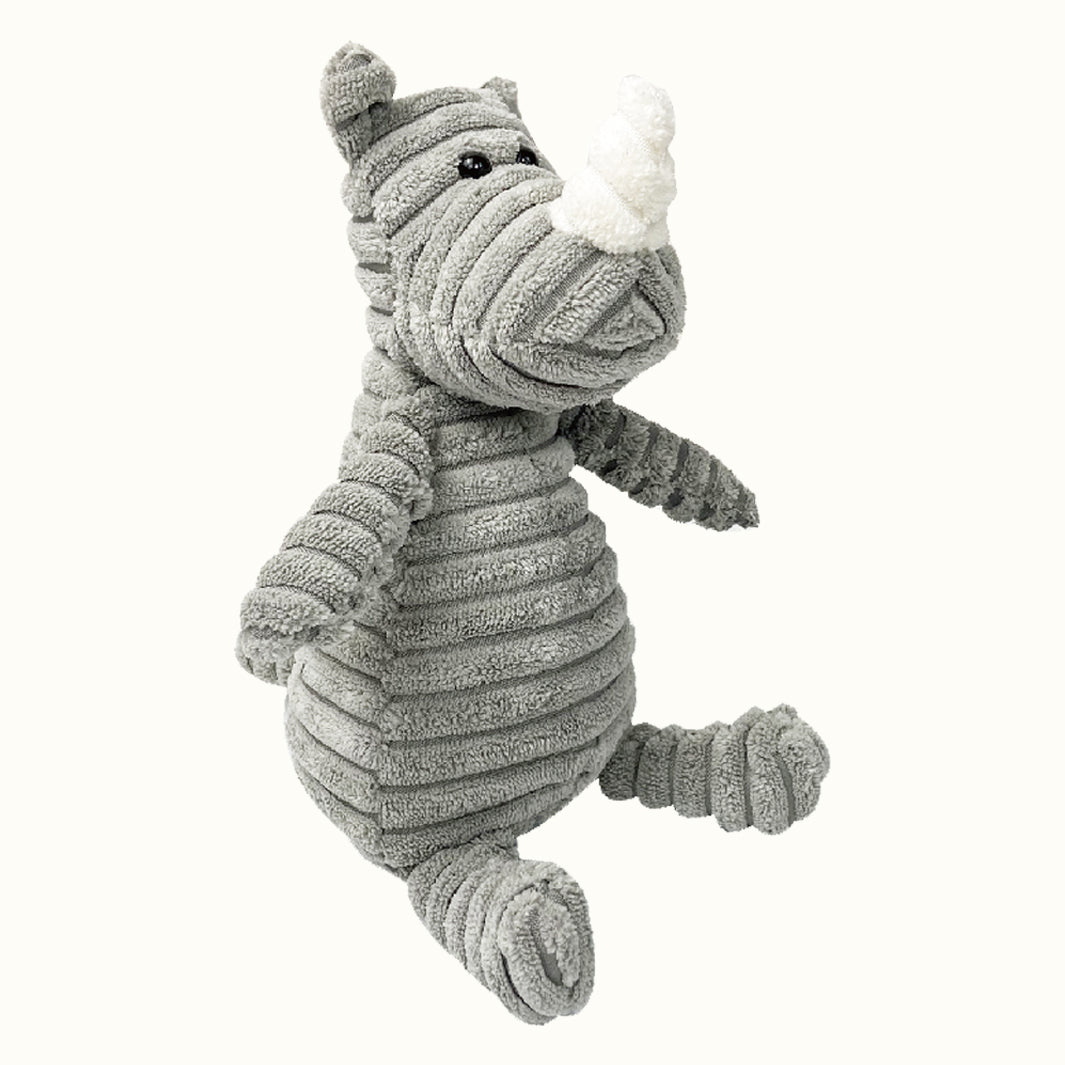
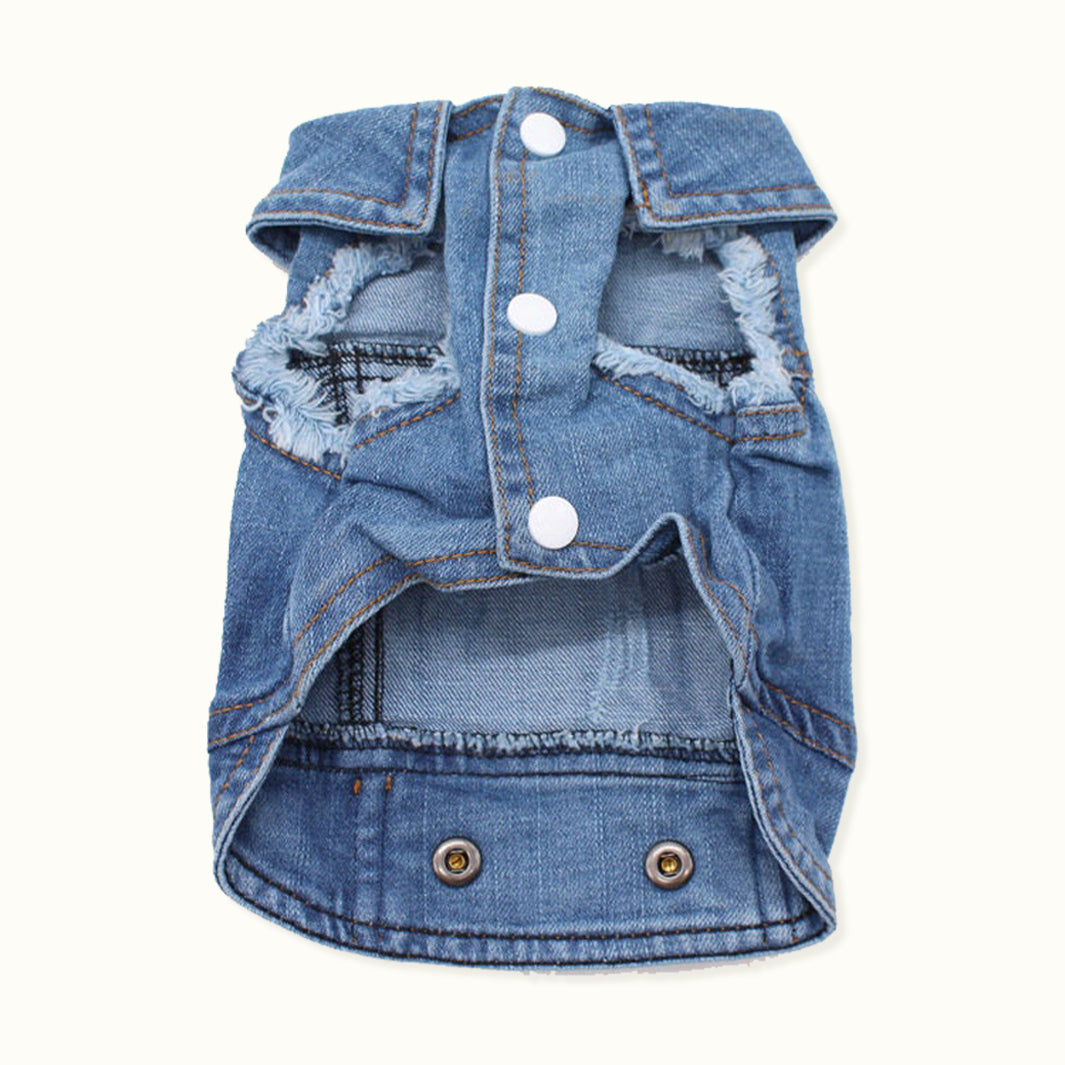



Leave a comment